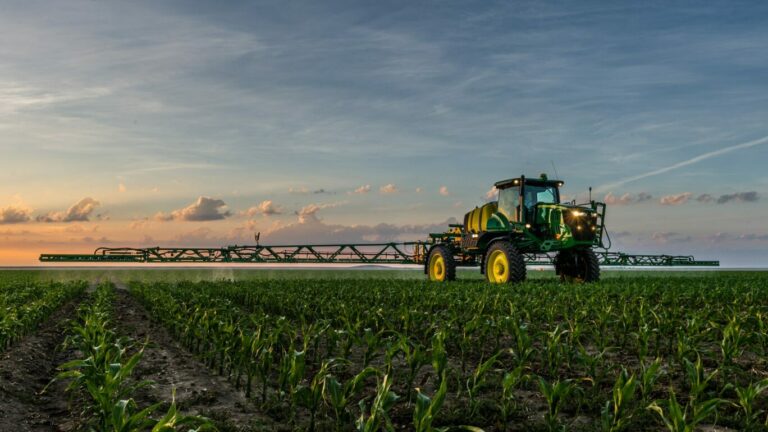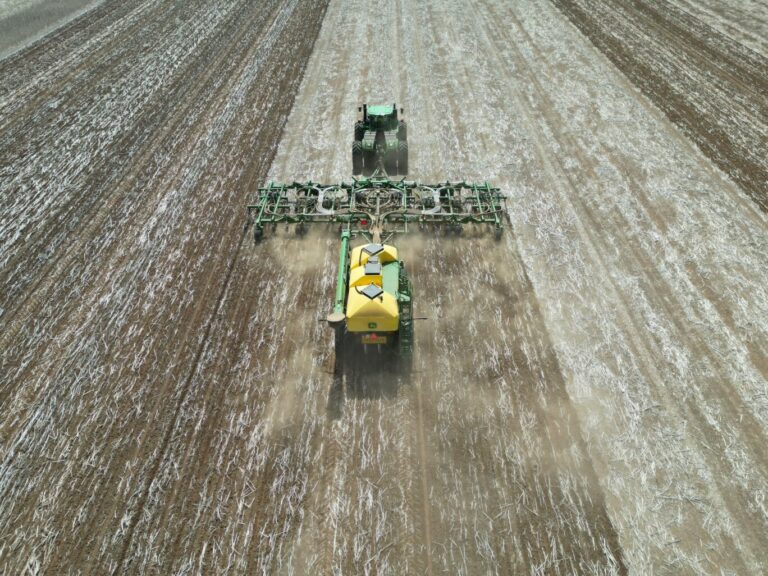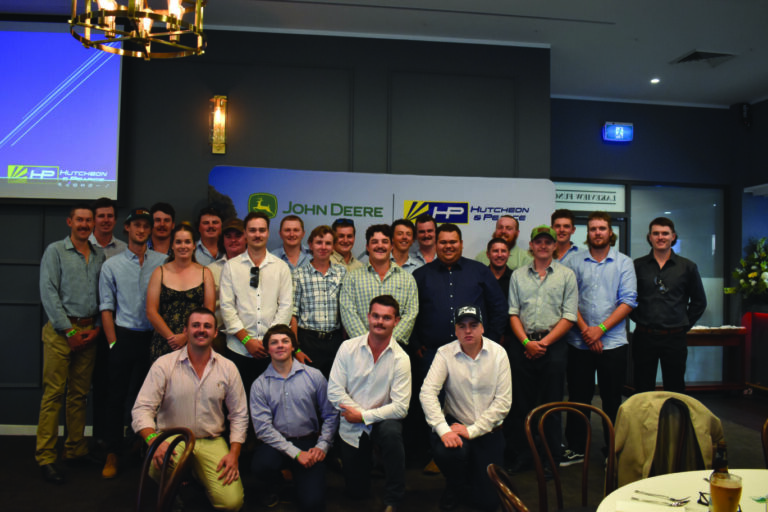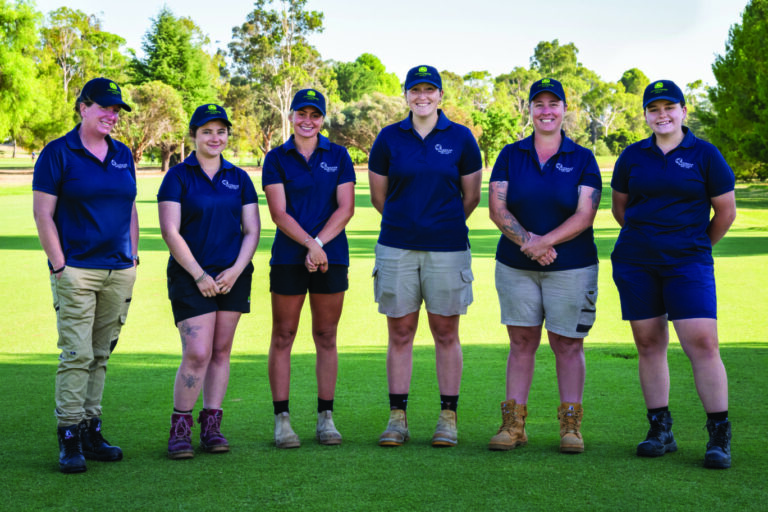Subscribe To Our Weekly Newsletter
Categories
Today, Agriculture is often high-input, high-output with tight margins and little room for error. That’s what makes research into the efficiency of those inputs – like nitrogen – so important to the future of food production. That’s where Brooke Kaveney comes in.
Growing up on a farm west of Young, Brooke Kaveney has long been fascinated in soil and what it can produce. Completing a PhD at Charles Sturt University, Brooke has dedicated the past four years to researching nitrogen use efficiency in the hopes of benefiting local farmers.

“I find it fascinating that everything comes from the soil. It sounds a bit cliché, but we depend so much on what’s in that soil environment to grow a crop. There’s processes in the soil that we can’t see with the naked eye because they’re performed by microbes, but what happens at that level can really change farming efficiency.
“My research is focused on nitrogen in the soil. Typically, we can have losses up to 50% of the nitrogen we apply. It is lost to the environment, into the air or into the waterways or consumed by microbes. I’m looking at the microbes to try and work out ways we can prevent nitrogen being lost in this way.”
As Brooke points out, nitrogen is one of the building blocks of life, but it is an expensive input.
“Plants need nitrogen for growth. If they don’t have it, they won’t grow. So, the more nitrogen that stays in the soil and gets into the plants rather than being lost to the environment, the better.
“If you’ve only got a 50% efficiency – if you’re applying one unit of nitrogen and only half of that’s going to the plant – that would be unacceptable in any other business system. It’s something we need to improve. If I can even bring that efficiency up to 70%, farmers are saving a lot of money by applying less nitrogen at the start but also having more plant-available nitrogen, which means greater yields and higher protein. And bigger yields and a better quality product is what everyone wants.
“My research is based around using a specific chemical called an inhibitor to stop microbes eating the nitrogen, but the inhibitor only works on bacteria that live in neutral soils.
“I have done a lot of research on soils based in the Wagga and Young regions where I’ve been looking mostly at acidic soils, which is a large problem around this area. So, to just apply the inhibitor in acidic soils like the ones found around here would be wasting your money.
“There are certain groups of microbes that prefer acidic soils, but if we apply lime, which is quite a common practice to raise the pH and make the soil more neutral, that process can change the group of microbes in the soil. So, you get the benefit of increasing the pH, which is really good for the crop, but you also change the microbial community by doing that liming application. You change the group of bacteria to one the inhibitor works against and can therefore control the rate at which they consume nitrogen.
“This inhibitor isn’t commonly used in Australia yet, but in Europe, New Zealand and America, it’s used a lot to control nitrogen emissions. For example, in Europe it’s legislation that you have to use this chemical with every nitrogen application. I believe it won’t be too long before this inhibitor will be a thing that we have to use in Australia, so I’m focused on finding out how it acts in our soils now.”
For Brooke, this research is quite personal.
“I grew up on a farm and am still involved with that farm – you know, driving the tractors and trucks and the header, and buying new machinery. I’ve always loved the farm, loved agriculture, and loved science. It made sense for me to come to Wagga and study agricultural science and then my love of research just grew from there.
“I had a fantastic opportunity with a really good soil scientist as my PhD supervisor and the ability to go home and tell my parents about what I’m doing. To still be relevant to them is something that I take a lot of pride in. I always want to be involved with the grass roots of farming, and I want my research to be relevant to people that mean a lot to me.
“I plan to submit my research in July and would like to graduate this year. Right now, I’m writing and double checking the data, so I’m at the pointy end of the project but soon hopefully there’ll be a shiny book at the end of it that I can give to my Mum and Dad. It will make a good door stop!”
After completing her studies, Brooke hopes to continue working in agricultural research. To read Brooke’s final findings, keep an eye on the Graham Centre website: www.csu.edu.au/research/grahamcentre/our-people/profile/research-students/brooke-kaveney
Articles And Resources From The Hutcheon & Pearce Newsroom

John Deere Seeding: Smarter Together
Experience precision, productivity and peace of mind with a complete

Celebrating Success: H&P Apprenticeship Graduation
Hutcheon & Pearce celebrate their newest graduates of the High

Cobram Women in Turf Program a Success
An action-packed week at the Cobram Barooga Golf Club saw


